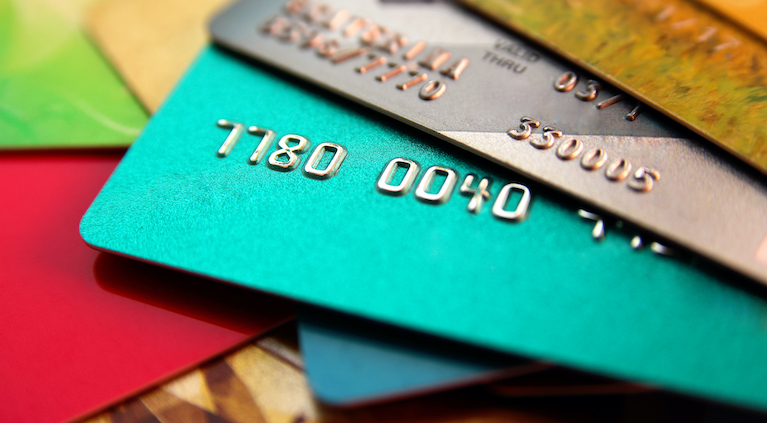We’ll never ask you to pay us a fee before disbursing your loan. If affected, please contact us & learn more here.
Late repayment can cause you serious money problems. For independent help, please go to www.moneyhelper.org.uk

Mar 04, 2020
Save money on overdraft charges with help from Loans 2 Go…
Many of us regularly make use of our overdraft. It is easy to fall into the trap of seeing it as extra money. But you need to be careful about using it. It is not extra money, it is debt. Basically you are using money that is not yours: it is being loaned to you by your bank.
So if you are in the habit of regularly going into your overdraft to see you through the month, this is something that you need to start working on now. Otherwise you may find that you gradually use up all your overdraft and then still need more money.
Even if you have an authorised overdraft with your bank, you are likely to be charged for this. There will be an agreed borrowing limit with your bank, and you can spend money up to that limit. But there may currently be charges for doing this; either a daily fee or interest.
However, the main problem comes if you use an unauthorised overdraft. This is where you overdraw by more than the agreed amount. There are currently extra charges for doing this, and these can add up very quickly.
These extra charges are most likely to be in the form of daily fees. Depending on your bank, these could be between £5 and £10 per day. Some banks charge monthly fees and others charge for every transaction above your agreed limit. You may also have payments refused by the bank. So you think that you have paid a bill by direct debit, but the bank does not actually pay it and this can then start to cause problems with your credit score.
You may also find that if you keep exceeding your authorised overdraft, the bank may decide to withdraw it from you altogether as they could see you as a potential risk.
So the key message for now is to try not to use your overdraft at all, but especially not to drift into an unauthorised overdraft.
But there is another reason why it is particularly important now to get away from using any kind of overdraft. And that reason is that overdraft charges are about to change ….
The FCA (Financial Conduct Authority) has been looking into overdraft charges, especially for unarranged overdrafts, and has decided that the system is too confusing and needs to be changed.
So from April there are two main changes happening to overdraft fees:
Whilst this initially sounds clearer and fairer, the problem is that most banks are setting a high rate of interest to make sure that all their costs are covered. And this rate of interest will apply to everyone with an overdraft.
The average interest rate that most banks will now charge on any overdraft – authorised or unauthorised – is around 40%. For comparison, most credit cards charge around 20% interest.
Banks will also have the right to charge vulnerable customers (for example those with poor credit records) more interest. Which means that those people more likely to use overdrafts are less likely to be able to repay the higher interest fees on them.
The FCA estimate that most overdraft users – 7 out of 10 – should be unaffected by these changes. They have produced a table where you can check some of the more popular bank accounts to see if you will be better or worse off under the new overdraft charging system. Click here to see how you will be affected.
However, in the world of finance, things can change very quickly. So perhaps now is the time to work hard to avoid becoming overdrawn, particularly from April. If you feel that you are stuck in a vicious cycle where you are depending on your overdraft to get through the month, then you need to take action.
Start by having a look at our article Want to save money but don’t know how? to see how you can start putting changes in place to get you onto a more solid financial footing.
You may also decide that you need some external help getting yourself sorted. It is important to speak to your bank if you are having trouble repaying an overdraft, and if you are seriously worried then check out the Loans 2 Go Free Money Advice page.
Then do remember to check back to this page soon for more lifestyle and money saving tips from Loans 2 Go.